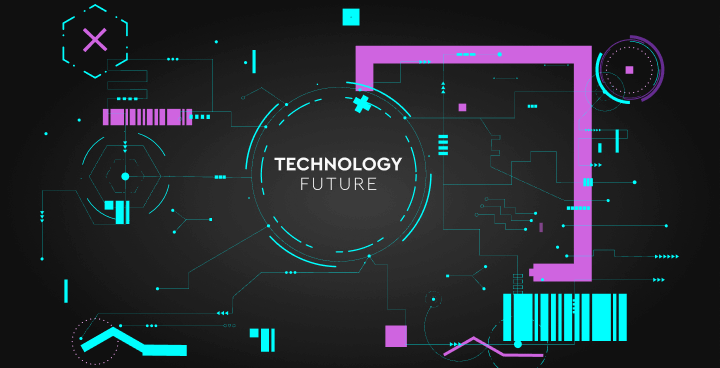As we delve deeper into the digital age, the realm of mobile application development continues to undergo transformative changes, driven by evolving user demands, technological advancements, and emerging global trends. The future of mobile app development is poised to offer more personalized, efficient, and immersive experiences, leveraging cutting-edge technologies and innovative development approaches. This article explores the key trends and technologies that are set to redefine the mobile application development landscape.
1. Rise of AI and Machine Learning
Artificial Intelligence (AI) and Machine Learning (ML) are no longer just buzzwords but are becoming integral components of mobile app development. These technologies are enhancing apps' capabilities, making them smarter and more intuitive. From personalized user experiences to predictive analytics and automated customer service through chatbots, AI and ML are significantly improving app functionality and user engagement.
2. Adoption of AR and VR
Augmented Reality (AR) and Virtual Reality (VR) are set to take the user experience to new heights. These technologies offer immersive experiences that were once thought impossible. AR and VR are not only revolutionizing gaming and entertainment apps but are also making inroads into education, healthcare, and retail, providing engaging and interactive ways to learn, shop, and explore.
3. The Surge of 5G Technology
The rollout of 5G technology is a game-changer for mobile app development. With its unprecedented speed and lower latency, 5G is enabling developers to build more sophisticated and feature-rich apps. This technology supports the development of apps that require high-performance real-time functionality, such as augmented reality, online gaming, and video streaming, transforming the way users interact with mobile applications.
4. Growth of IoT-Enabled Apps
The Internet of Things (IoT) is expanding the scope of mobile apps beyond smartphones, connecting a wide range of devices and enabling them to communicate with each other. IoT-enabled apps are making everyday objects smarter, from home appliances and wearables to cars and security systems. This connectivity is fostering the development of apps that offer enhanced convenience, automation, and efficiency in daily tasks.
5. Focus on Mobile App Security
As mobile apps become increasingly integrated into daily life, security is becoming a paramount concern. The future will see a stronger emphasis on implementing robust security measures to protect sensitive user data. Encryption, secure coding practices, and regular security updates will be standard as developers strive to stay ahead of cyber threats and ensure user trust.
6. Cross-Platform Development Tools
The need for cross-platform mobile apps is growing, and development tools like Flutter, React Native, and Xamarin are making it easier to create apps that offer native-like performance across multiple platforms. These tools are continually evolving, offering more capabilities and making it more efficient to develop, maintain, and update cross-platform apps, thereby reducing costs and development time.
7. Blockchain Technology
Blockchain technology is finding its way into mobile app development, offering a new level of transparency and security, particularly in apps that involve transactions and data exchanges. From secure payments to decentralized apps (DApps), blockchain is set to play a significant role in developing secure, transparent, and tamper-proof mobile applications.
8. Mobile Commerce and FinTech Innovations
Mobile commerce and FinTech apps are evolving rapidly, driven by consumer demand for convenience and seamless transactions. Innovations in payment gateways, digital wallets, and mobile banking are making financial transactions easier, faster, and more secure. As these technologies continue to evolve, they will offer more personalized and engaging shopping and banking experiences.
9. Voice Technology and Virtual Assistants
Voice technology and virtual assistants are becoming increasingly sophisticated, offering new ways to interact with mobile apps. Voice commands and natural language processing are making apps more accessible and convenient, expanding their use cases and enhancing user experiences.
The future of mobile application development is brimming with possibilities, driven by the relentless pace of technological innovation. As we look ahead, it's clear that developers and businesses must stay abreast of these trends and technologies to create apps that not only meet current user expectations but also anticipate future needs. By embracing these developments, the mobile app industry can look forward to a future that's more interactive, secure, and personalized than ever before.

